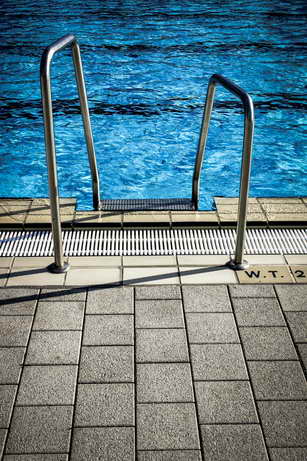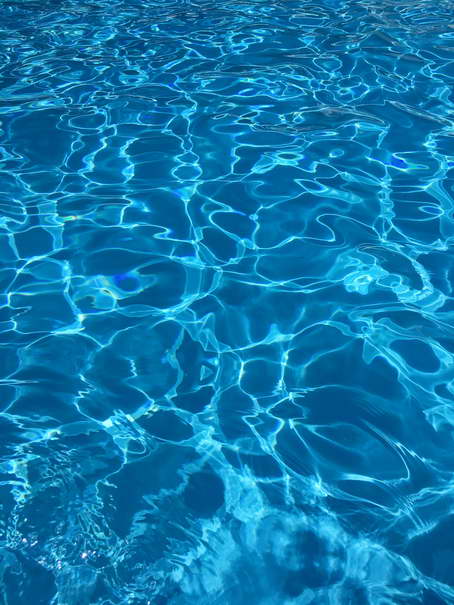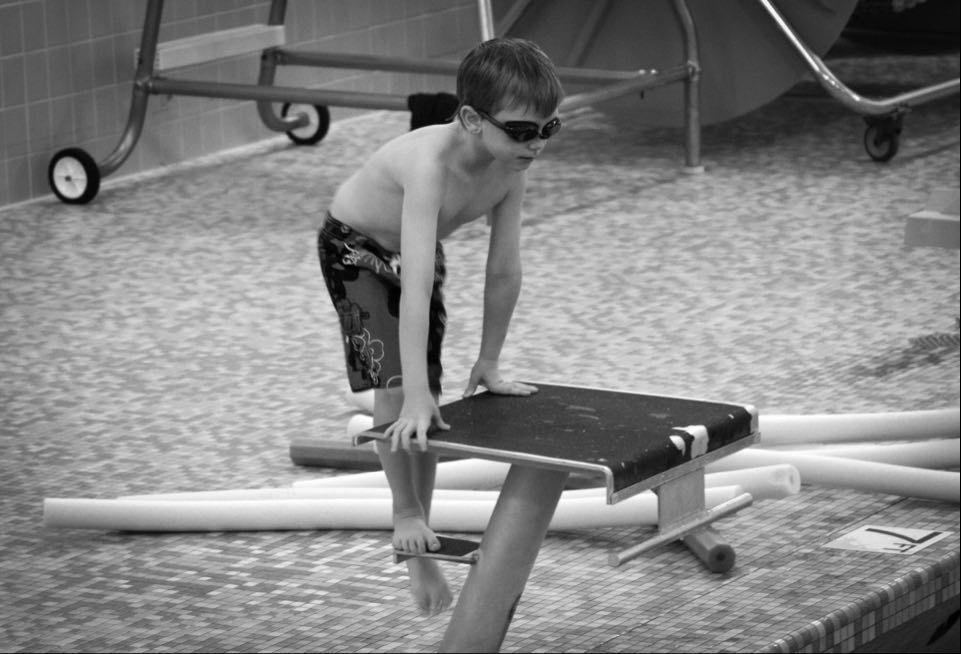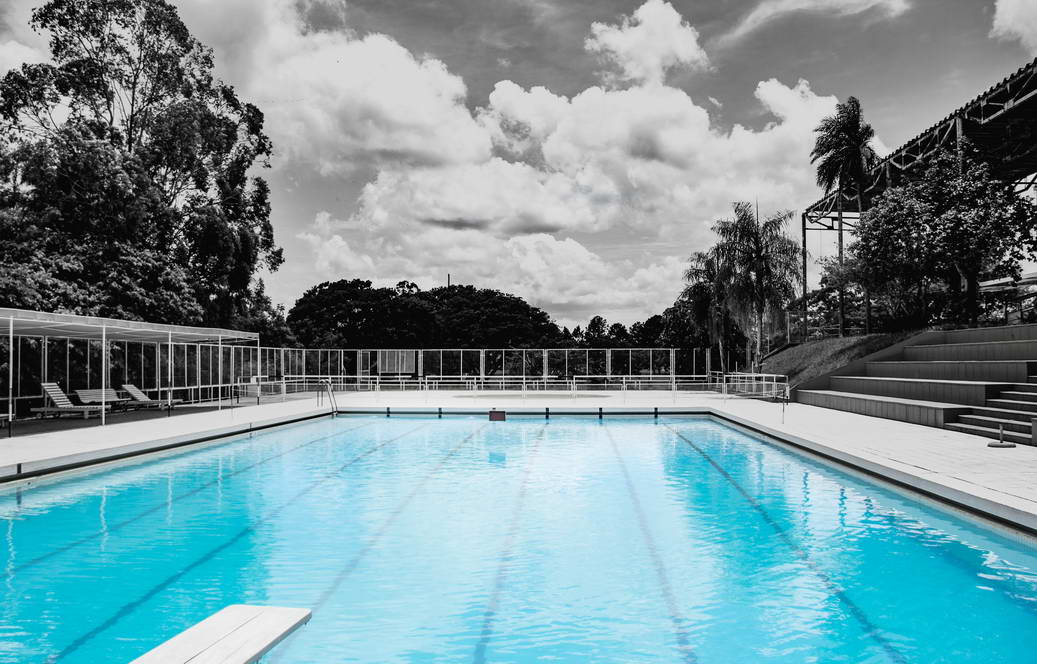It’s funny how life works. When we’re little, we dream of being “grown-ups”—we dress up, play “house,” pretend we are teachers, doctors, astronauts. But as adulthood slowly rears its formidable head, we begin longing for the carefree days of childhood. Merely a few years ago, I would have told you that being an adult and being a grown-up are the same thing. But today I’d have to contend that is not necessarily the case. Becoming an adult has easily identifiable milestones—at 18 we can vote; at 21 we can drink alcohol; at 25 we can rent a car. These are all signs that adolescence is now behind us. When one actually becomes a “grown-up,” however, is sort of murky water. (Because, let’s face it, we all know adults who have not grown up.) What, then, does make you a grown-up? It’s definitely not cut and dried, but different for everybody. For me, the title of “grown-up” wasn’t realized on the day I graduated from college, following my wedding, or even when I delivered my son. It happened at a pool.
My six-year-old son, Brayden, hated getting his head wet. Even washing his hair had become a major battle. So when I saw a notice for swimming lessons, I thought it’d be the perfect way to help him become less intimidated by water. Needless to say, he was a little hesitant. I figured that, since this was a beginner class, Bray wouldn’t have to go under the water right away, and I told him so. He seemed comforted by this and was even a little excited by the time the first day of lessons arrived.


The children gathered around the teacher and climbed into the pool as I watched from the bleachers. Then I heard the teacher say from across the room: “The first thing we’re doing today is ‘bobs.’” I watched, horrified, as the teacher slipped her entire head under the surface. I’m not normally one to curse, but I’ll have to admit, a few choice words were echoing in my head at that moment. Brayden’s eyes met mine, and a look of sheer terror was on his face. “It’s okay, honey,” I shouted weakly across to him. “You can do it!”
“Mom!” he yelled, starting to cry and clinging to the side of the pool. Tears sprang to my eyes. What the heck was I supposed to do? I couldn’t watch this! I hurried down the bleachers and over to his side. As I tried to assure him, the teacher abruptly told me it works better if the parents don’t interfere. I couldn’t help feeling slightly offended as I sheepishly made my way back to the stands. Things only got worse.
Bray’s protests grew in frequency and intensity. He began frantically motioning me over with his hands and calling to me non-stop. My uneasiness turned to panic. “This is crazy,” I thought, and again ran to Brayden’s rescue.
“I want to get out!” he whimpered. At first I said no, but then I thought perhaps I could calm him down better on the sidelines. “Okay,” I told him. “But just for a minute.” I wrapped his towel around him and began walking him back to my seat, encouraging him to get back into the water. He wasn’t buying it. I knew now why the teacher had told me to butt out. “I didn’t sign up for this!” I mumbled to myself.


It was then I knew I faced a grave dilemma. Do I let Bray come home with me now and hope he agrees to trying again tomorrow? Do I just forget it and bring him back next summer? Or do I do what’s best for him by making sure he overcomes his fear of the water and learns how to be safe in it? Leaving was the easiest option, the one part of me desperately wanted to choose as I stood watching my son pale and shivering on the tile floor. But I knew leaving wasn’t what Brayden needed. With my heart heavy in my chest, I told Bray, “Honey, you need to get back in.” Then I nodded at the teacher, quickly removed the towel from Bray, and scurried back to the benches.
“No!” Brayden screamed, when he realized what was happening. The teacher tried to lift Bray’s flailing, resisting body into the water, then called for the lifeguard’s help. He gently but firmly grabbed Bray and placed him down into the water. I couldn’t see too well through my tears for the next couple minutes, but I was amazed to watch Bray gradually relax over the remainder of the hour. With a little coaxing he even did a few ‘bobs.’ And the next morning he jumped into the deep end.


Bray went through an amazing transformation that day and throughout the week, with a lot of credit going to his incredible teacher, but much of it to him for working through his fear and making a tremendous amount of progress in the water. I’d have to say, though, that I had a pretty significant accomplishment of my own. I was seeing my son struggling and scared, and wanting to save him from that, but realizing that if he were to grow—if I were to grow—I had to let him experience it. I had to put him first, even if it meant he’d hate me for it for a while. I had to witness him, frightened and angry, slowly become more confident in the water and in himself. I had to be a grown-up. It was nothing I thought it would be, but somehow everything I’d hoped for.





Love this story. Swimming was such a huge part of my growing up. Nothing professional, just a lot of swimming with friends! I know quite a few adults that are not grown ups. I also know a few children that are grown ups. Works both ways.